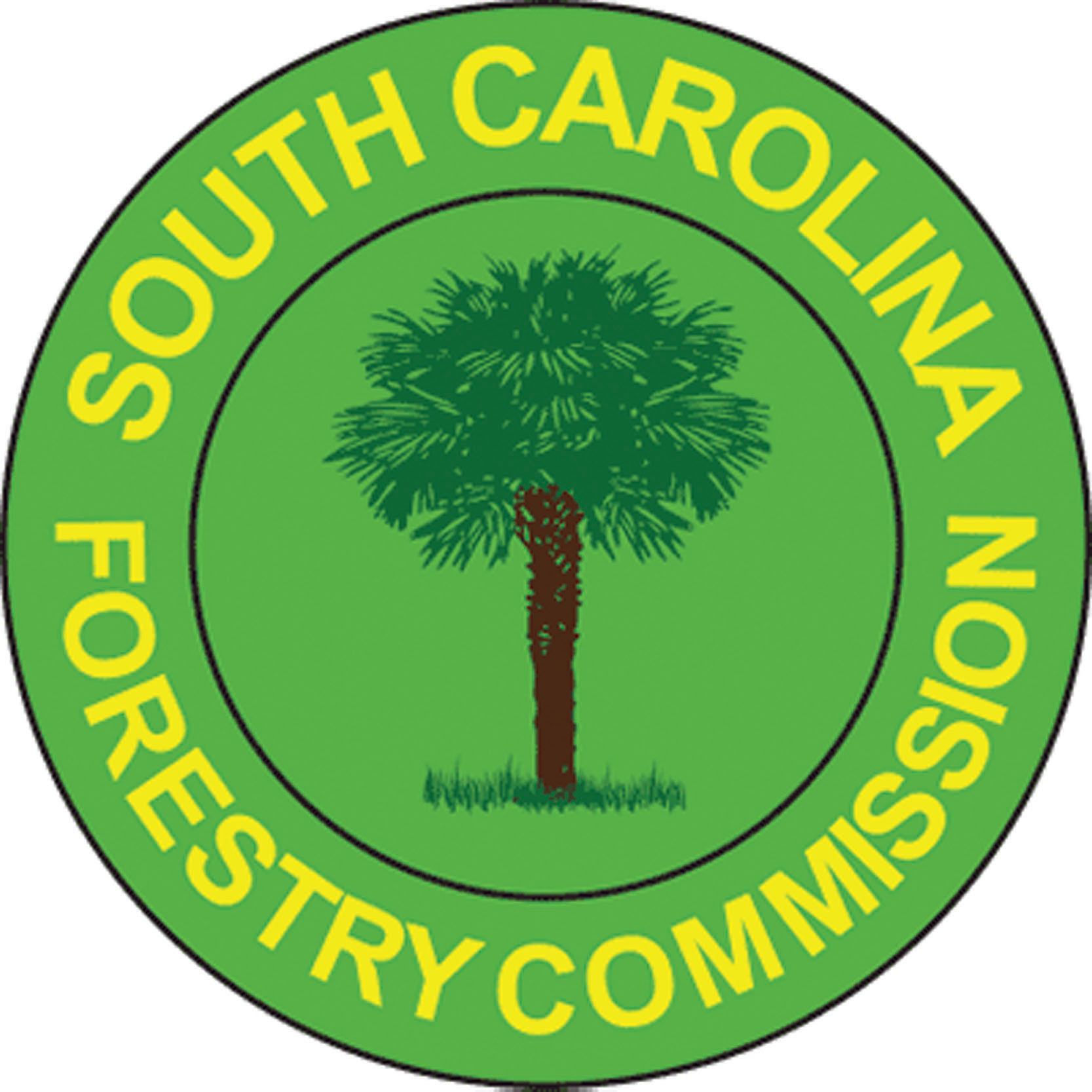
COLUMBIA-The South Carolina Forestry Commission will lift the statewide burning ban at 6:00 a.m. Tuesday, April 21.
Campfire/firepit burns, residential yard debris burns and prescribed burns will all be allowed to resume as normal Tuesday, but it is important to note that burning storm-related debris is subject to special requirements set by the SC Department of Health and Environmental Control (DHEC) to protect public health during the COVID-19 response (see box at bottom for details). In addition, all open burning activities must be in compliance with DHEC open burning regulations (S.C. Regulation 61-62.2).
The State Forester’s burning ban was declared April 7 to minimize both the impact of wildfires and other unmanaged smoke on residents during the COVID-19 response at a time when coronavirus spread was accelerating in our state. “The proactive measures taken in our state during the critical acceleration phase of the spread of the virus has helped limit the exposure of individuals to COVID-19 and ultimately reduced the strain on first responders and the need for care in our healthcare system,” said Dr. Brannon Traxler, DHEC physician. “The decision to lift the ban is based on the current data and will be re-evaluated if cases begin to increase again.”
“In consultation with officials from the DHEC, whose recent COVID-19 projections indicate cautious optimism about the virus’ reduced spread and impact over the last two weeks, we believe now is the time to allow outdoor burning to resume with additional precautions,” said State Forester Scott Phillips.
As always, state law requires citizens who live outside of city/town limits to notify the Forestry Commission and take the proper precautions before burning outdoors. People can find a link to each county’s toll-free notification number on the SCFC home page or at https://www.state.sc.us/forest/fyard.htm. Prescribed burners must make notification of their planned burns by calling (800) 777-3473. Those burning campfires or in fire pits do not need to make notification.
The two-week ban helped reduced the strain on local fire service and EMS personnel. “The ban was very effective at reducing unnecessary fire calls and smoke-related complaints that could have very easily overwhelmed not just healthcare workers, but also first responders and other emergency workers,” said SCFC Fire Chief Darryl Jones. “And with the special requirements from DHEC and all the recent rain we’ve received, it allows the ban to be lifted safely and in a way that also lets people get back to some sense of normalcy.”
Forestry Commission officials continue to urge extreme vigilance in conducting outdoor burning, as escaped debris burns are the number one cause of wildfires in South Carolina. “We also really want to encourage people to be good neighbors by being mindful of their smoke and its impact on others,” said Jones. “If people could postpone burning while their piles are wet, that would be better because dry debris will burn hotter and produce less smoke.”
# # #
DHEC requirements for burning storm-related debris generated as a result of the April 13, 2020 severe storm
- Storm debris burn piles should only contain yard debris, including leaves, limbs, tree branches, small logs, and clean wood. Chipping and grinding of yard debris is strongly encouraged.
- Burn piles shall not contain household trash, tires, plastics, paints, roofing materials, chemicals, oils, insulation, duct work or electrical wire. Local solid waste collection and recycling centers should be used, where available, to dispose of these items.
- Burn piles should be at least 100 feet from the property line or other structures. Never leave your burn site and have water available to put out the fire.
- The initial burn must be started between the hours of 9 a.m. and 3 p.m.; no combustible material should be added to the fire between 3 p.m. of one day and 9 a.m. the following day.
- To minimize smoke from the burn pile, the amount of dirt on the material should be limited, and the prevailing winds must be away from public roadways and residential areas.
- Consult your homeowner restrictions and local or county ordinances before you burn.